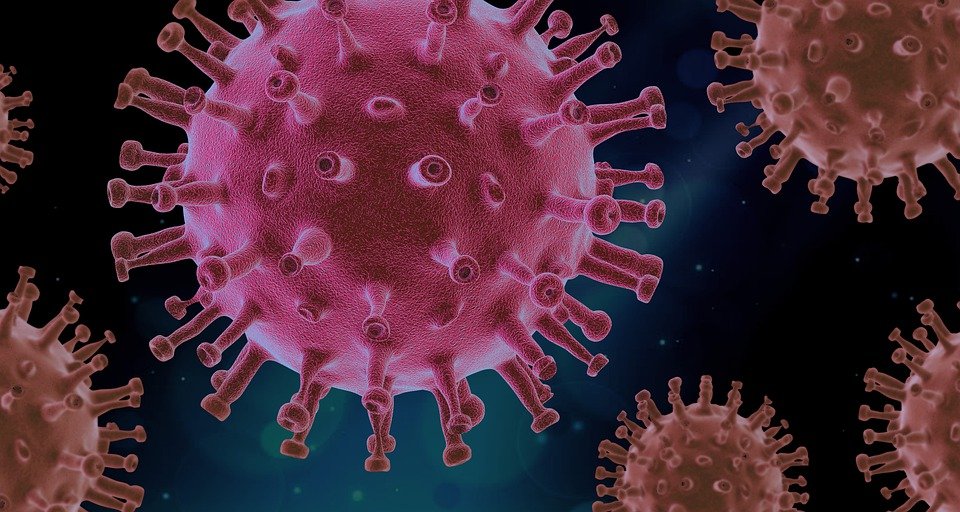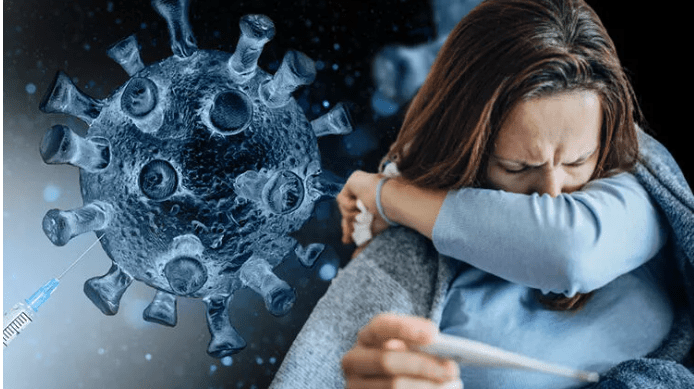Astrocytes are invaded by the virus, which changes their metabolism and reduces their capacity to support neurons.
The SARS-CoV-2 virus affects astrocytes, which are neuronal support cells in the human brain, according to the strongest evidence to date, which has been presented by a recent study. Researchers explain how the infection changes the metabolism of these cells, causing them to release substances that reduce the viability of neurons and ultimately encourage neuronal death.
According to the authors, neurological symptoms are among the extrapulmonary COVID-19 problems that are most common, affecting more than 30% of patients. It is yet unknown, though, whether these effects are brought on by systemic viral alterations or a direct infection of the brain and central nervous system (CNS).
- UK claims that Russia is beginning to lose the Ukraine conflict
- Google fined millions of dollars for collecting location data!
In order to conduct their investigation, the study’s authors first evaluated 81 people who had experienced mild COVID-19 symptoms without the need for hospitalization. These people showed increased shrinkage in the orbitofrontal cortex, a brain region previously linked to anxiety disorders, and higher levels of anxiety and depression compared to 81 healthy controls.
The team examined brain tissue samples from 26 persons who had died from COVID-19-related problems to learn how the virus causes the loss of brain cells within this crucial structure. Five of these patients had the SARS-CoV-2 virus in their astrocytes, which led the study’s authors to hypothesize that the pathogen may have been present in the brains of the other 21 participants despite not being found in the study’s tiny sample size.
Neurons receive the metabolic support and energy they require from astrocytes in order to function. Key metabolic alterations were discovered by looking at the proteins expressed by astrocytes infected with SARS-CoV-2, including a reduction in the generation of lactate, which is necessary for brain function and survival.
The researchers conclude that “SARS-CoV-2 infection elicits a neurotoxic secretory pattern in astrocytes that culminates in enhanced neuronal death” based on their data.
The team wanted to know how the virus infects brain cells, so they expanded their experiment. SARS-CoV-2 infects cells in the lungs by docking its spike protein onto ACE2 receptors, even though astrocytes do not express these specific gates.
The scientists discovered that the spike protein targets a distinct receptor, called NRP1, in order to infect astrocytes after administering the virus to brain cells in a laboratory dish. The virus was unable to enter these cells when neutralizing antibodies blocked NRP1 receptors.
The study’s authors conclude that their findings “are consistent with a concept in which SARS-CoV-2 is able to infect astrocytes via NRP1 contact, reach the CNS of COVID-19 patients, and subsequently affect neuronal function and viability.”
These characteristics may be the cause of the damage and structural alterations seen in COVID-19 sufferers’ brains.





